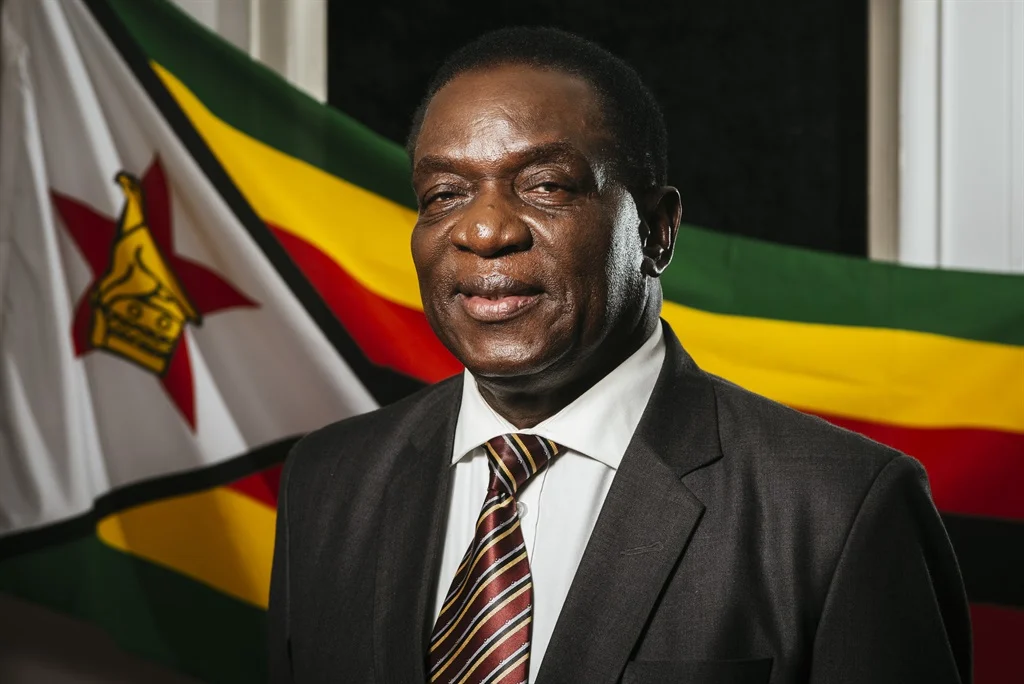Washington, D.C. (The Saharaa) – The United States announced on Monday its decision to impose sanctions on Zimbabwe’s President Emmerson Mnangagwa, along with his first lady and several other government officials. These measures come in response to allegations of their involvement in corruption and human rights abuses within the country.
The Treasury Department’s Office of Foreign Assets Control (OFAC) levied sanctions on three entities and 11 individuals, including President Mnangagwa, Vice President Constantino Chiwenga, and retired Brigadier General Walter Tapfumaneyi. Mnangagwa stands accused of protecting gold and diamond smugglers operating within Zimbabwe, directing government officials to facilitate the illegal sale of these precious resources, and accepting bribes in exchange for his assistance, among other offenses.
President Joe Biden signed an executive order on the same day, terminating the national emergency related to Zimbabwe and revoking sanctions specific to the country. Instead, the administration is utilizing a Trump-era executive order that implements the Global Magnitsky Human Rights Accountability Act as the basis for issuing these sanctions.
Treasury Deputy Secretary Wally Adeyemo emphasized that the adjustments to Zimbabwe’s sanctions regime aim to clarify the intent behind the sanctions, asserting that they are not directed at the Zimbabwean people. He stated, “Today we are refocusing our sanctions on clear and specific targets: President Mnangagwa’s criminal network of government officials and businesspeople who are most responsible for corruption or human rights abuse against the people of Zimbabwe.”
Responding to the sanctions via Twitter, Zimbabwe’s government spokesman Nick Mangwana remarked, “as long as senior leadership is under sanctions, we are all under sanctions. And as long as members of Corporate Zimbabwe are under Sanctions, we are under Sanctions.”
U.S. Secretary of State Antony Blinken echoed the sentiments behind the sanctions, affirming that they represent a stronger and more targeted approach towards Zimbabwe. He attributed responsibility to key individuals within the Zimbabwean government for actions such as “the looting of government coffers that robs Zimbabweans of public resources.”
Emmerson Mnangagwa began his second term as Zimbabwe’s president after being sworn in last September. The imposition of sanctions by the United States marks a significant development in the ongoing scrutiny of Zimbabwe’s governance and human rights practices on the international stage.

